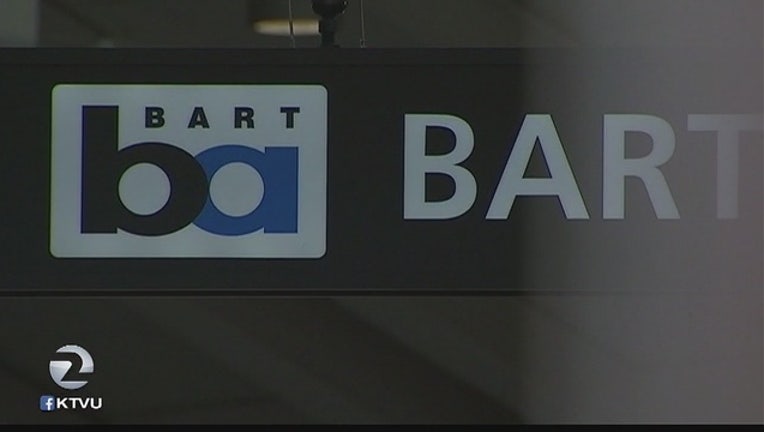BART agrees to pay $300K to settle worker death lawsuit

OAKLAND, Calif. (KTVU) - BART has agreed to pay $300,000 to settle a wrongful death suit that was filed by the family of a contractor who was struck and killed by a train during a labor strike three years ago, the transit agency said.
Laurence Daniels, 66, of Fair Oaks in Sacramento County, and engineer Christopher Sheppard, 58, of Hayward, were both killed while they were inspecting a dip in the tracks between the Walnut Creek and Pleasant Hill stations on Oct. 19, 2013.
No trains were carrying passengers due to a four-day strike by
BART workers but some trains were running for maintenance and training purposes.
At the time BART was using a safety procedure called "simple approval" in which track employees were responsible for their own safety and had to be able to clear the tracks within 15 seconds if a train was approaching.
BART suspended the policy less than a week after the fatal accident and later eliminated it permanently.
The California Division of Occupational Safety cited BART for three violations for the incident and fined the agency $210,000.
After Daniels was killed, BART said he was "a highly-experienced engineer, renowned author and researcher and beloved co-worker who demonstrated a deep love for transportation and an unwavering commitment to the district during his more than 32 years of distinguished service in the transit industry."
It said Daniels "worked tirelessly to improve the transit riding experience for hundreds of millions of people while working for nearly 30 transit agencies around the globe, including the Singapore Mass Rapid Transit, the Washington Metropolitan Area Transit Authority, the Southeastern Pennsylvania Transportation Authority, the San Francisco Municipal Railway and BART."
BART said in a statement that the wrongful death suit that was filed by Daniels' two daughters in Alameda County Superior Court in 2014 "was mutually resolved in the interest of all parties involved."
It said, "There is nothing more important than safety and the safety of our workers."
BART said that in place of "simple approval" it now requires three-way communication between its control center, work crews and train operators.
It said workers are within six feet of a track, trains are stopped and cannot proceed unless and until the wayside worker acknowledges to the control center that they are clear of the trackway and that it is safe for the train to proceed. The control center then conveys that information to train operator, BART said.
In addition, BART has reduced train speeds to no higher than 27 miles per hour near work areas and spent more than $4 million for physical safety barriers and other safety measures, the transit agency said.

